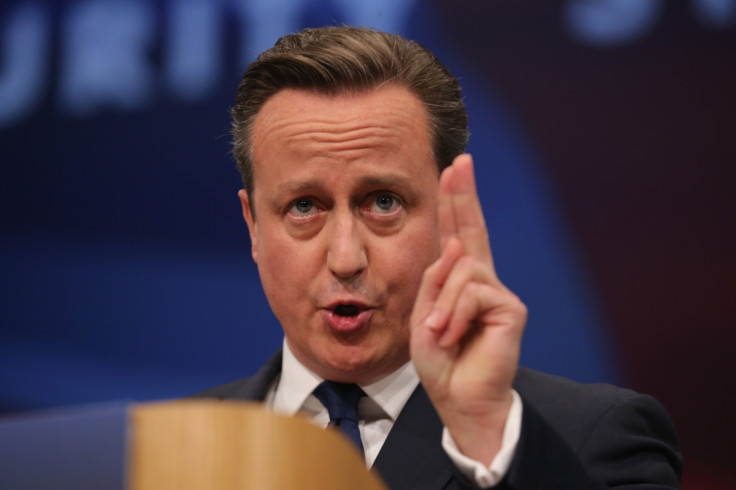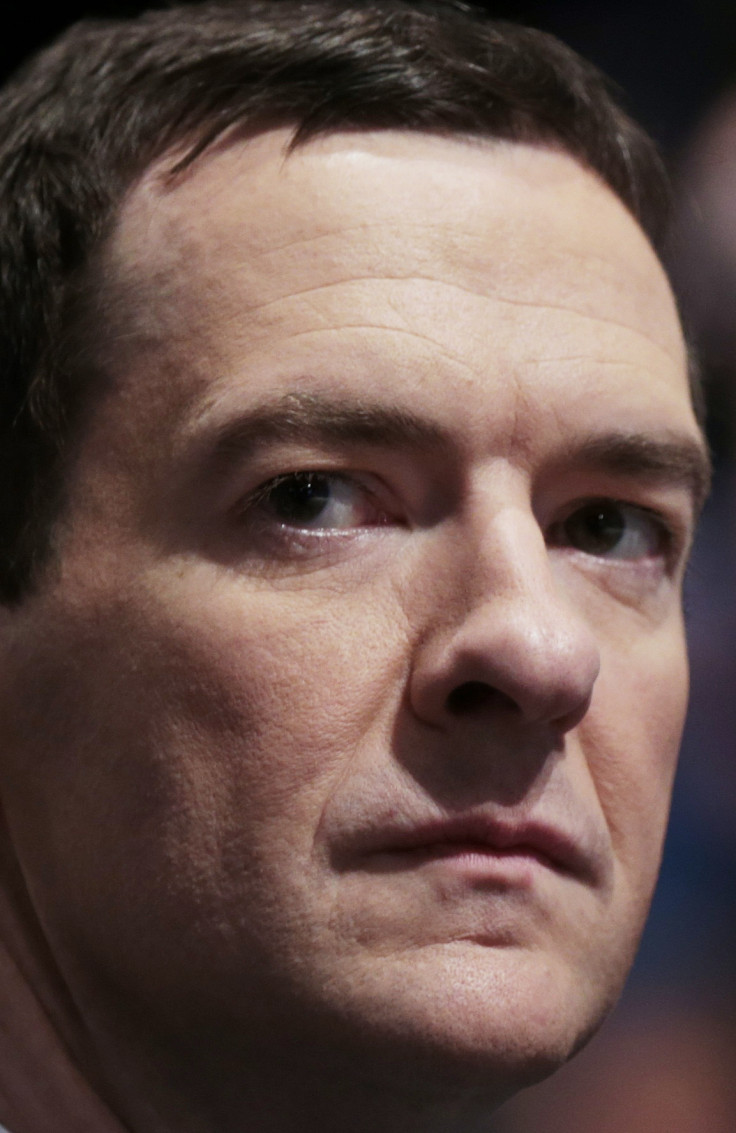David Cameron to curb powers of House of Lords after tax credits defeat

A furious Prime Minister David Cameron has vowed to set out plans to curb the powers of the House of Lords after his party's tax credit cuts proposal hit a major hurdle when peers voted to delay the policy until the government came up with an alternative scheme to help low-paid workers. Downing Street is expected on Tuesday (27 October) to outline plans for a "rapid review" that will guarantee that the House of Commons always has supremacy over financial matters.
Despite threats of a constitutional crisis prior to the voting, peers went ahead and voted in favour of two motions that basically sent a strong message to the government that the Upper House will not pass the cuts until the working lower income Britons were protected. Three motions were put to vote in the Upper House yesterday and two were passed.
The House of Lords voted 289 to 272 to former Labour minister Lady Hollis' motion to delay the tax credits cuts until a scheme to compensate those affected for three years is put on the table. Another motion by crossbench peer Lady Meacher was also adopted by 307 to 277 votes that refused to support the cuts until an independent assessment of their impact is carried out.
A 'fatal motion' that would have totally stopped the proposal in its tracks, brought by Liberal Democrat peer Lady Manzoor, however was rejected 310 to 99. The Hollis motion states that the upper house will not approve the tax credit cuts until the government delivered a "scheme for full transitional protection for a minimum of three years for all low-income families and individuals currently receiving tax credits before 6 April 2016."
A Downing Street spokesman said: "The prime minister is determined we will address this constitutional issue. A convention exists and it has been broken. He has asked for a rapid review to see how it can be put back in place."

Chancellor George Osborne, the man behind the tax credits cuts which were to have saved the government £4.4bn as part of the Conservative party's planned £12bn welfare cuts told the BBC: "Unelected Labour and Liberal Lords have defeated a financial matter passed by the elected House of Commons, and David Cameron and I are clear that this raises constitutional issues that need to be dealt with."
"However, it has happened, and now we must address the consequences of that. I said I would listen and that is precisely what I intend to do. I believe that we can achieve the same goal of reforming tax credits, saving the money we need to secure our economy while at the same time helping in the transition. That is what I intent to do at the autumn statement." Osborne will be taking the monthly session of Treasury questions in the House of Commons today (27 October).
The autumn statement is due to the delivered on 25 November and Osborne is expected to indicate that he is still determined to push through his tax credits cuts which will see only five out of 10 families entitled to the benefit compared to the current nine out of every 10 families.
What is the convention that the House of Lords breached?
Conventions dating back to the Lloyd George's People's Budget of 1909 and beyond, does not allow peers to interfere in financial matters. The Upper House can delay bills for a year but does not have the powers to block finance bills.
However, it has been noted since the government had chosen to introduce the tax credits proposals using a statutory instrument rather than placing them in the Finance Bill, the House of Lords, could effectively throw out the proposal in its current form. The rapid review could look at ways of ensuring that statutory instruments cannot be rejected by the Lords, who have only exercised this right five times before.
© Copyright IBTimes 2024. All rights reserved.






